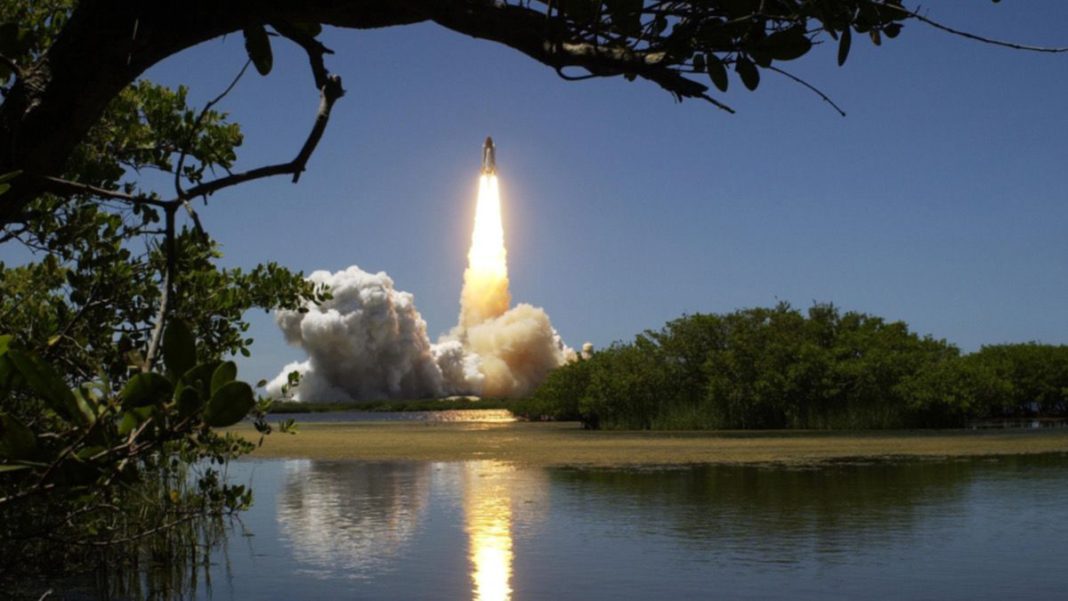NORTH KOREA: Three months after its first launch, which crashed into the sea, North Korea’s second effort to launch a spy satellite into space has failed.
The third stage of a surveillance satellite mission failed in Pyongyang. A spy satellite would enable North Korean leader Kim Jong Un to better plan his own attacks and keep an eye on any impending ones. The Pyongyang space agency plans a second attempt in October.
As per South Korea, a rocket was launched at 3:50 a.m. local time, passing through international airspace over the Yellow Sea between China and the Korean peninsula.
An emergency alert was issued in Okinawa, Japan, advising citizens to seek shelter. Prime Minister Fumio Kishida denounced the launch, stating it goes against UN resolutions and that Japan is protesting.
The US has urged North Korea to cease threatening activities and encourage genuine negotiations. Despite the recent failure, which was attributed to an emergency blasting system error during the third-stage flight, the US claims that it is not a significant issue and that progress has been made.
According to the state-run media KCNA, the malfunction was caused by “an error in the emergency blasting system during the third-stage flight” and was “not a big issue.”
It appears that the satellite’s rocket travelled farther than it did during the prior attempt. The failed attempt in May was referred to as the “gravest failure” by Pyongyang officials, who promised to try again.
A historic meeting between US, Japanese, and South Korean leaders took place before the launch and coincided with yearly military drills between Seoul and Washington.
South Korea has denounced the launch of a ballistic missile, claiming that the United Nations Security Council resolutions prohibiting Pyongyang’s use of such technology were violated.
The US urged North Korea to engage in diplomacy instead of threatening further. The State Department stated that space launch vehicles (SLVs) incorporate technologies similar to ballistic missiles.
The foreign ministers of South Korea, Japan, and the US agreed to consider unilateral measures in response to the launch following a phone discussion. The launch occurred shortly after the presidents’ meeting in Washington, DC, and during their annual Ulchi Freedom Shield military drills.
Also Read: Russia Downed Four Ukrainian Drones over Its Western Region, Says Defence Ministry



